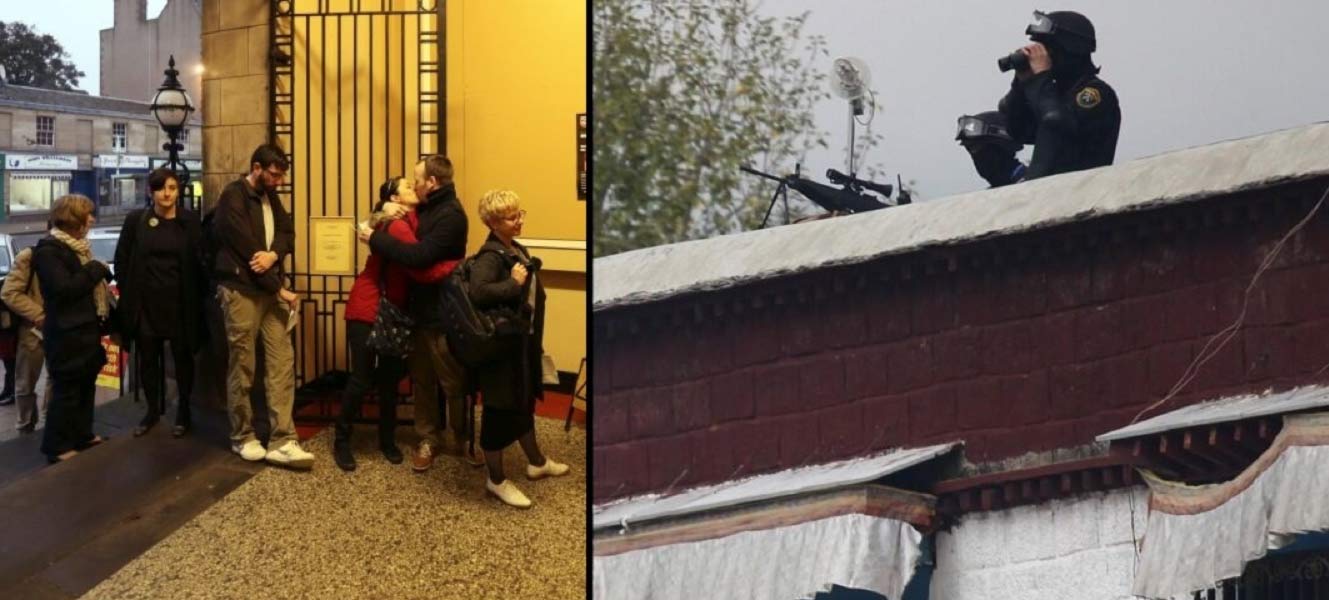On Wednesday, November 12, 2014, during his press meeting with President Xi, President Obama publicly said he had urged the Chinese authorities “to take steps to preserve the unique cultural, religious and linguistic identity of the Tibetan people.”
The President also made it clear that “America’s unwavering support for fundamental human rights of all people will continue to be an important element of our relationship with China.”
Such a clear outlining of American approach was needed at a time when there are many who feel that the United States is giving into economic consideration by being soft on the fundamental American values of human rights, democracy, and freedom.
I have no doubt that President Xi Jinping and the Chinese Government have once again received the message that the American people and government have not slackened off in their support for the rights of the Tibetan people.
However, there were people who were perturbed at President Obama saying, “…we recognize Tibet as part of the People’s Republic of China. We are not in favor of independence.” While I would have wished for the President not to have said this, to be fair, recognizing Tibet as a part of the People’s Republic of China is a known American position, and as the Washington Post put in an editorial, “Obama was more diplomatic“ by reiterating it. But of course the Chinese media exploited this by focusing only on it and conveniently neglecting to refer to President Obama’s strong stress on the importance of Tibetan identity.
So, how would one sum up the summit in terms of Tibet? Here I can only quote the Washington Post editorial, which said, “In short, it’s possible for Mr. Obama to speak forthrightly in support of human rights in China and to press Mr. Xi about matters such as Tibet and Hong Kong while still partnering with Beijing in areas of mutual interest. It’s a lesson the Obama administration has been slow to learn, but the president’s performance Wednesday was auspicious.”

